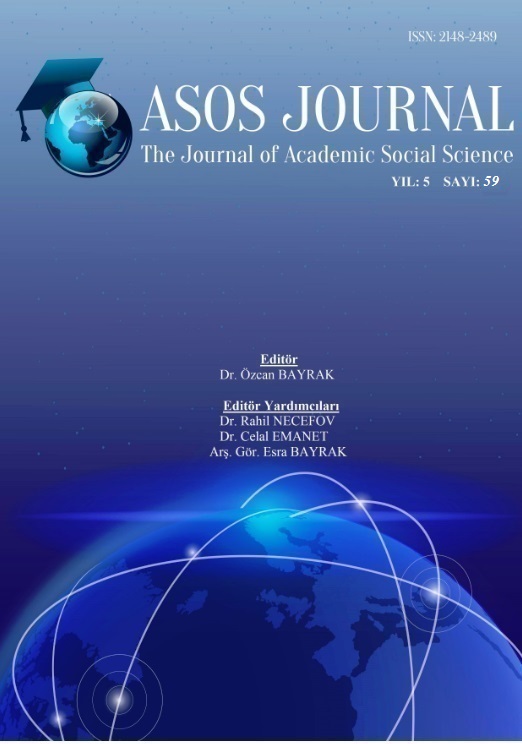Author :
Abstract
Bu çalışmanın amacı, Lezbiyen, Gey, Biseksüel Kimliği Ölçeği’nin (Lesbian, Gay and Bisexual Identity Scale) Türk kültüründe klinik olmayan ergen ve genç yetişkin popülasyon üzerinde uygulanabilirliğini araştırmak ve psikometrik (geçerlik ve güvenirlik) özelliklerini saptamaktır. Ölçme aracı 2014-2015 yıllarında kendisini eşcinsel olarak tanımlayan bireylerden oluşan ve İstanbul ve İzmir’de yaşayan 110 katılımcı ile yürütülmüştür. Doğrulayıcı faktör analizi sonucu Mohr ve Kendra (2011) ‘nın çalışması ile tutarlı bir şekilde sekiz faktörlü yapının doğrulandığını görülmüştür. Benzer ölçekler geçerliğinin incelenmesi amacıyla LGBKÖ ile Eşcinselliği Yönelik Tutum Ölçeği ve Yaşam Doyumu Ölçeği arasındaki ilişkilerin beklenen yönlerde ve anlamlı olduğu saptanmıştır. Ölçeğin güvenirliğini sınamak için iç tutarlık katsayısı hesaplanmış toplam ölçek puanı ile alt ölçekler puanları için .65 ile .85 arasında olduğu saptanmıştır. LGBKÖ’ nin test tekrar güvenirliği iki uygulama arasında yüksek düzeyde bir ilişki bulunmuştur (r= .72; p<.001).
Keywords
Abstract
The aim of this study was to investigate the applicability of Lesbian, Gay and Bisexual Identity Scale among Turkish adolescence and young adult community sample and determine the psychometric properties (validity and reliability) of this scale. This study was conducted in 2014-2015 with 110 participants who identify themselves as gay, lesbian and bisexual living in İstanbul and İzmir. The fit statistics obtained from factor analysis showed that original form’s eight-factor structure had been confirmed. Standardized factor loadings on the predicted five factors were acceptance concerns, concealment motivation, identity uncertainty, internalized homonegativity, difficult process, identity superiority, identity affirmation and identity centrality. Convergent validity of CTQ-SF was examined with self-report measures of Homosexual Attitude Inventory and Life Satisfaction Inventory. All correlations were significant in the expected direction. Internal consistency for the total scale and sub-scales were between .65 and .85. The test-retest correlation coefficient for the total score were significant (r= .72; p<.001).





